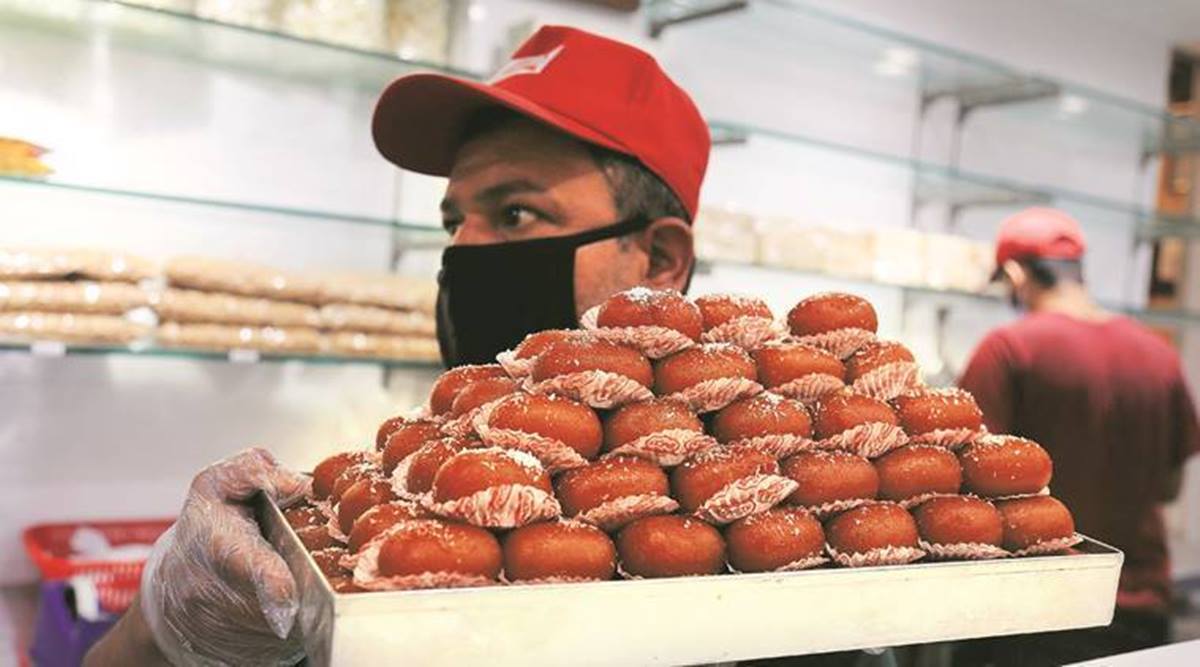The raid was conducted at 6 am on Tuesday following the tip off that cottage cheese was being sold at Barwala in Haryana

Officials from the food and drugs administration, Panchkula, and the Haryana chief minister’s flying squad examining cottage cheese seized at Barwala in Haryana.
Acting on tip-off that adulterated cottage cheese (paneer) was being sold at Barwala in Haryana, officials from the food and drugs administration, Panchkula, and the chief minister’s flying squad, seized 324 kilograms of the milk product after a raid. It was estimated to cost Rs 58,000.
Samples have been sent to a laboratory in Karnal for analysis.
The raid was conducted at 6 am on Tuesday following the tip off that cottage cheese was being sold from a rented room in Barwala.
Panchkula food safety officer, Dr Gaurav Sharma, said he could not comment on the quality of the product till lab reports were received, which, he said, “have been sought in two days.”
Dr Sharma said product was being manufactured in Narwana and t brought to Barwala in a car. The sellers “had taken a room on rent where they used to store the paneer to supply to villages close by at cheap rates.”
In fact, the low price, Rs 160 to Rs 180, per kg, almost 50% less than market rates, had first raised suspicions, he added.
